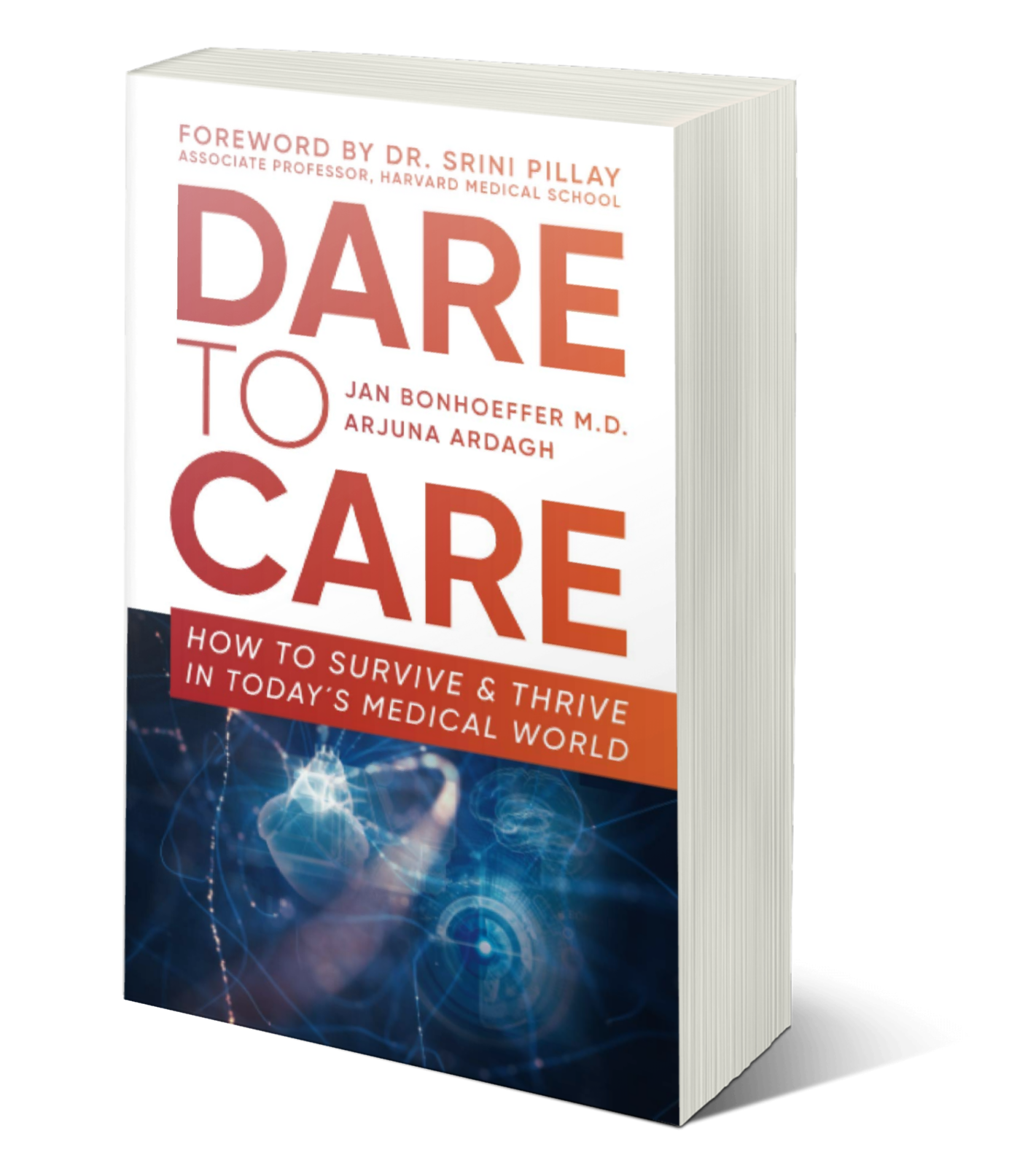Clare Bostock is a Geriatrician in Aberdeen.
Do you dare to care? We have typically been called into our professional roles because we want to directly care for others. If not, we might have been technicians or scientists instead of healthcare professionals.
I sometimes wonder if those of us working with older people are extraordinarily caring. Every day I see incredible examples of empathy and true care from my amazing multidisciplinary colleagues. Looking after people who may have cognitive impairment, communication challenges and a high level of functional dependency requires us to care deeply. I may demonstrate that I care by topping up a patient's cup of water or taking them to the toilet during my ward round, but does this care always go deeper than the veneer? Am I always capable of deep listening and connection with my patients?
Sometimes our individual capacity to care can be diminished by, for example, a pandemic, fatigue, burnout, our first job, our last job, a bad boss... My recent feelings of exhaustion made me consider whether my heart was depleted, and this prompted me to read Dare to Care by Jan Bonhoeffer. Jan is a professor of child health at the University Children's Hospital in Basel, Switzerland. He has had leading roles in global research networks related to vaccination and child health, but his writing is human and humble. Dare to Care has been written as a series of letters to his goddaughter, but he is really writing to you and me. Each chapter covers a different aspect of care, from listening to learning from mistakes, illustrated by true stories. The book is co-written by his coach, Arjuna Ardagh, who offers reflections and tools to help us maximise our ability to care.
I found Dr Bonhoeffer's stories the most powerful, emotive and memorable aspect of the book. I was moved to tears when reading about a child with spinal muscular atrophy. Dr Bonhoeffer's assessment and communication with the family and, perhaps most importantly, with the paediatric team, combined with some rule-breaking, enabled a good death.
Caring should be integral to our role, so why do we need to be daring? Knowing when to dare to break the rules might be one example. We might need to dare to take a different approach or dare to challenge others. Some chapters cover topics familiar to us: questioning 'normal' and treating people instead of conditions. But this book goes further - it dares us to fill our hearts with love and to use that love to help our patients and our own lives. For some people that might be a bit gooey. Are you daring enough to explore the healing potential of your heart?
There is another important aspect of daring - something that we find extremely difficult. We need to dare to look after ourselves. The author dedicates a chapter to the fundamentals of self-care, but it is a recurring theme throughout the book. He is not afraid to share examples of self-neglect and the consequent effects. Dare to Care resonates strongly with my belief that we have a professional duty to look after ourselves. Promoting our own well-being can truly help us practice heart-based medicine.
I won't dare to adopt all of the book's recommendations. I'm not going to start drinking water with a whole lemon squeezed into it every morning - my dentist would kill me! I also don't think that meditation is 'my thing' - I prefer to clear my mind through exercise. Neither will I think of each of my patients before I go to bed - I like a brain devoid of patients by then. But I will continue to consider my patients during the working day, and contemplate the ability to heal. I will heed the advice to choose my role models wisely, to fill my heart with positive thoughts, and to connect deeply. Whether your levels of compassion are soaring or dwindling, this book is an excellent tool to establish self-care and the rewards of a deeper, caring, professional connection.
